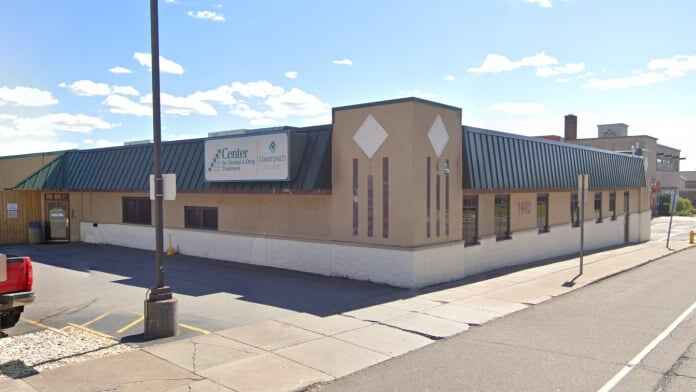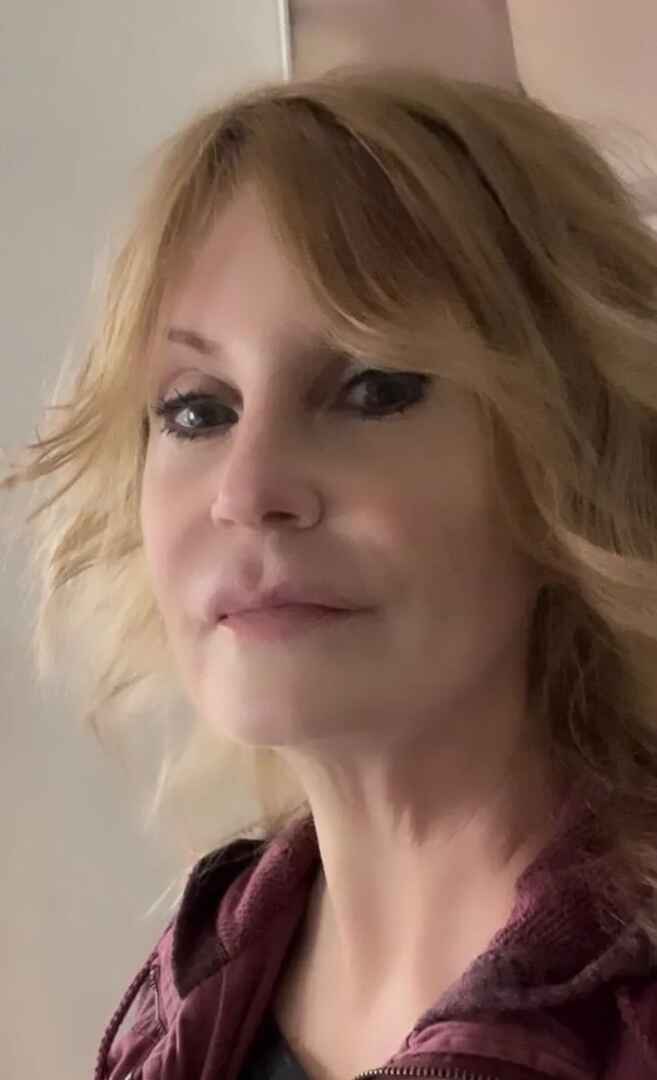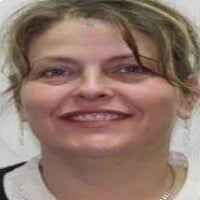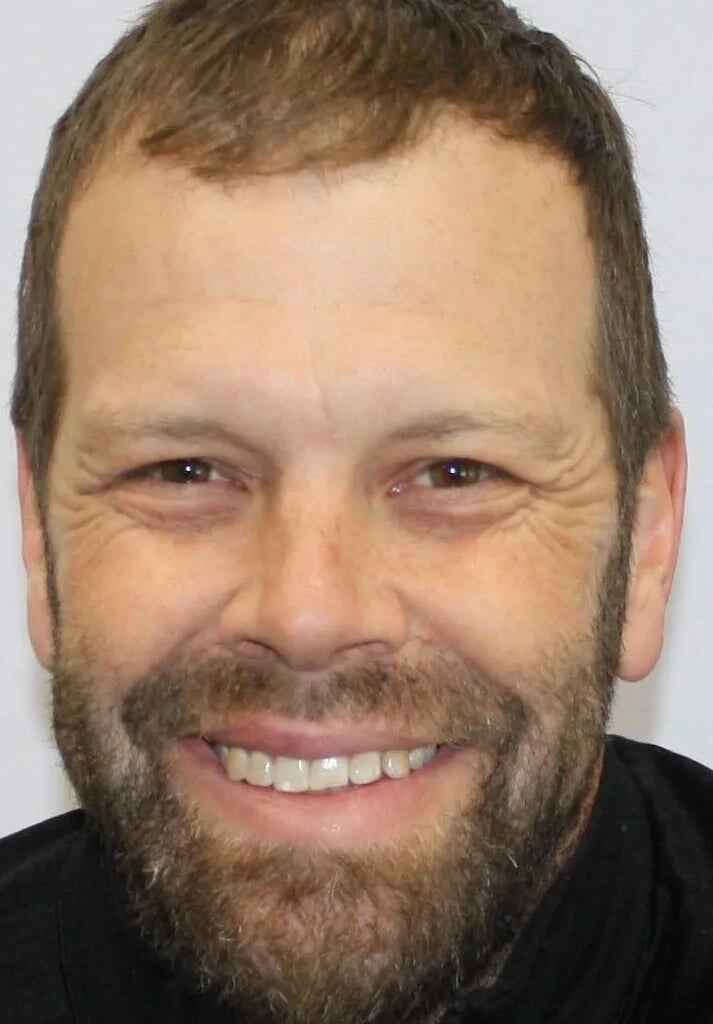About Center For Alcohol & Drug Treatment – Duluth
The medical detox program allows clients to receive support as they are guided through safely and effectively detoxing their bodies from addictive substances. Clients will be overseen by professionals and offered medical treatment for withdrawal symptoms.
The medication-assisted treatment program offers FDA-approved medications in combination with mental health counseling to address the mental, emotional, and physical aspects of addiction. The medications help reduce cravings and mitigate withdrawal symptoms, while therapy helps clients create a solid foundation for long-term recovery.
The residential programs allow clients to focus fully on recovery away from the distractions of daily life. Services include at least 15 hours of clinical treatment per week, along with education and employment support, life-skills training, and sober events and outings.
Outpatient care offers similar services as the residential program but meets less often. Clients receive individual and group therapy, life-skills classes, and referrals to social services and community resources to help clients establish stable, independent living.
CADT- Center for Alcohol and Drug Treatment accepts most insurance plans, which may include Aetna, Beacon, Magellan, ComPsych, Cigna, United Healthcare, and more. Out of network benefits may vary, so it’s important to verify coverage with the provider prior to starting treatment.










